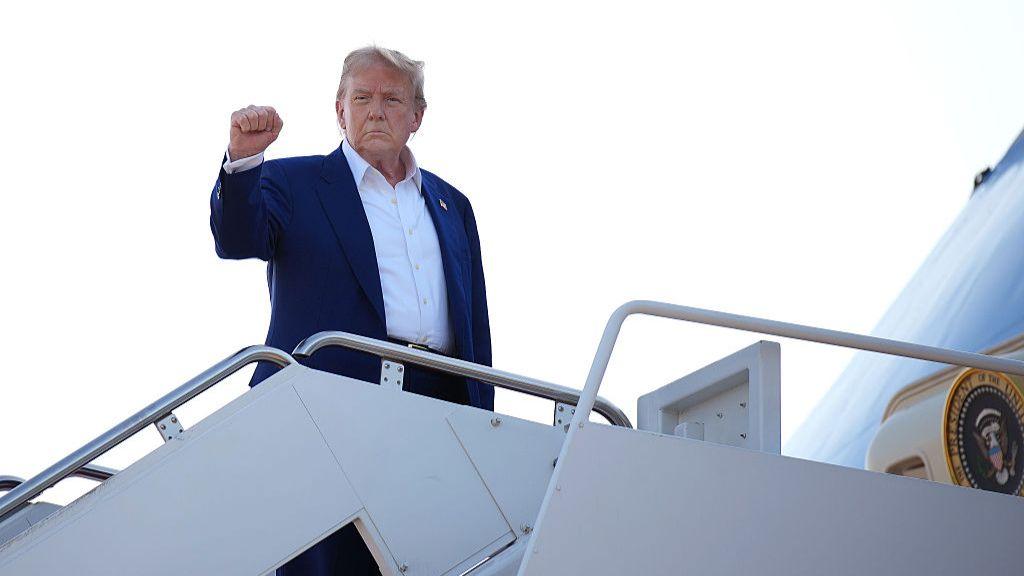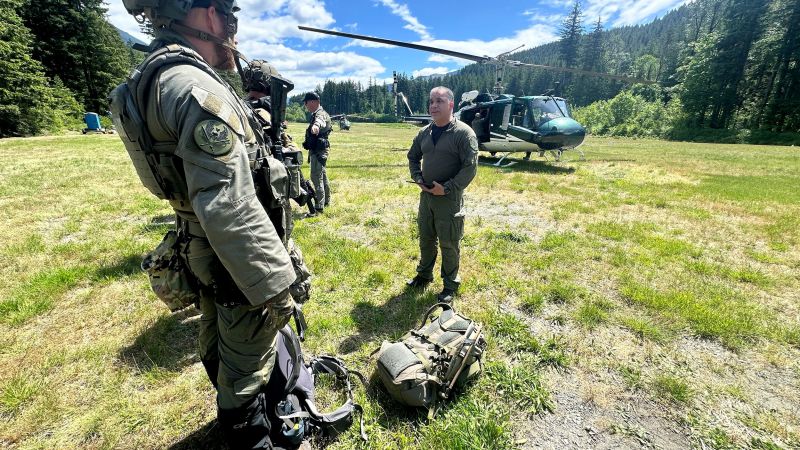Fragile Peace: Israel-Iran Ceasefire Holds Despite Trump's Sharp Criticism

A tentative ceasefire between Israel and Iran appears to be holding, despite a flurry of criticism from US President Donald Trump. The truce, aimed at de-escalating tensions in the Middle East, has been tested by recent events, and Trump's remarks have added another layer of complexity to the situation. This article examines the current state of the ceasefire, the reasons behind Trump's intervention, and the potential implications for regional stability.
The Tenuous Truce
The ceasefire, brokered after a period of heightened conflict, was intended to halt the exchange of rocket fire and airstrikes between Israel and Iranian-backed groups in the region. While there have been moments of tension, the ceasefire has largely held, offering a brief respite from the ongoing conflict. However, the fragility of the truce remains a significant concern, as both sides have the capability to resume hostilities.
Trump's Intervention: A Source of Uncertainty
Just as the ceasefire seemed to be gaining traction, President Trump publicly accused both Israel and Iran of violating the truce. His remarks, delivered shortly before his arrival at the NATO summit, were met with surprise and criticism from some quarters. The reasons behind Trump's intervention are not entirely clear, but analysts suggest it may be related to his broader strategy of exerting pressure on both countries.
Trump's accusations against Israel, in particular, were unexpected, given the traditionally strong relationship between the two countries. Some observers believe he may be attempting to distance himself from the Israeli government and signal a shift in US policy. Others suggest he is simply trying to project an image of strength and resolve on the international stage.
The Regional Implications
The ceasefire and Trump's subsequent intervention have significant implications for the wider Middle East. A sustained period of calm could create an opportunity for diplomatic efforts to address the underlying causes of the conflict. However, Trump's actions have also raised concerns about the future of US involvement in the region and the potential for further instability.
Iran, in particular, may view Trump's criticism of Israel as a sign that the US is willing to pressure both countries to make concessions. This could embolden Iran to pursue its own agenda in the region, potentially leading to a new round of conflict. The situation is further complicated by the ongoing tensions between Iran and the United States over its nuclear program.
Looking Ahead: A Precarious Balance
The future of the ceasefire remains uncertain. While the truce has held for now, the underlying tensions between Israel and Iran remain unresolved. Trump's intervention has added another layer of complexity to the situation, and it is unclear how it will ultimately affect the prospects for peace. The international community must work to support the ceasefire and encourage both sides to engage in constructive dialogue to find a lasting solution. Failure to do so could lead to a renewed escalation of violence with devastating consequences for the region.
The NATO summit provides a crucial opportunity for leaders to discuss the situation and coordinate a response. A unified approach from the international community is essential to maintaining stability and preventing a further deterioration of the situation.






